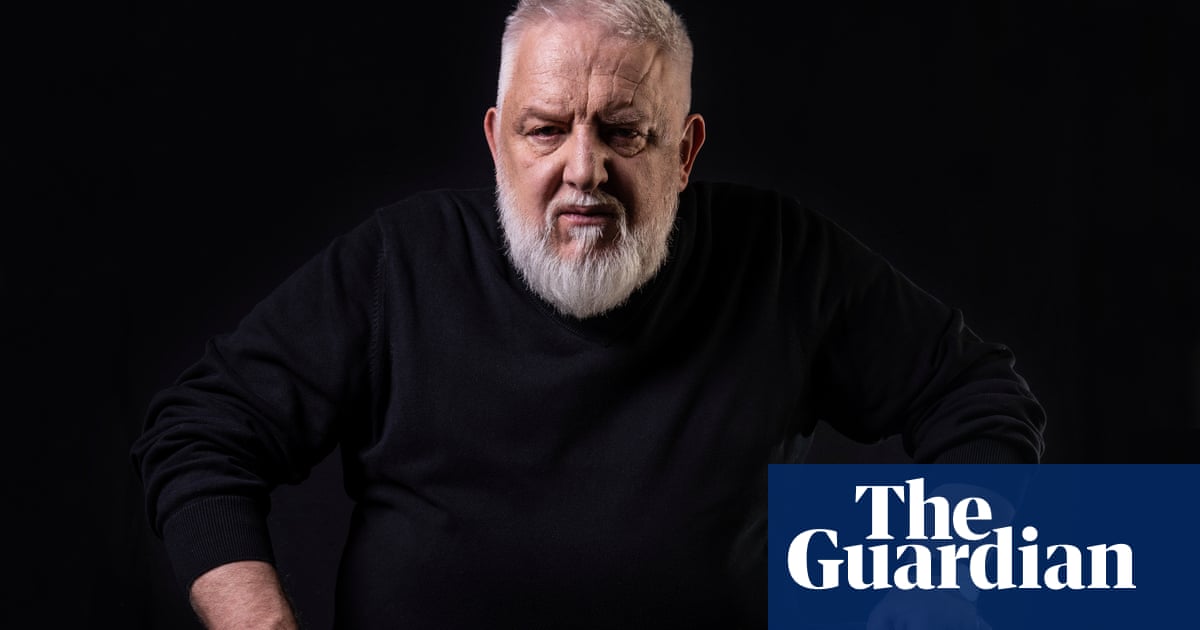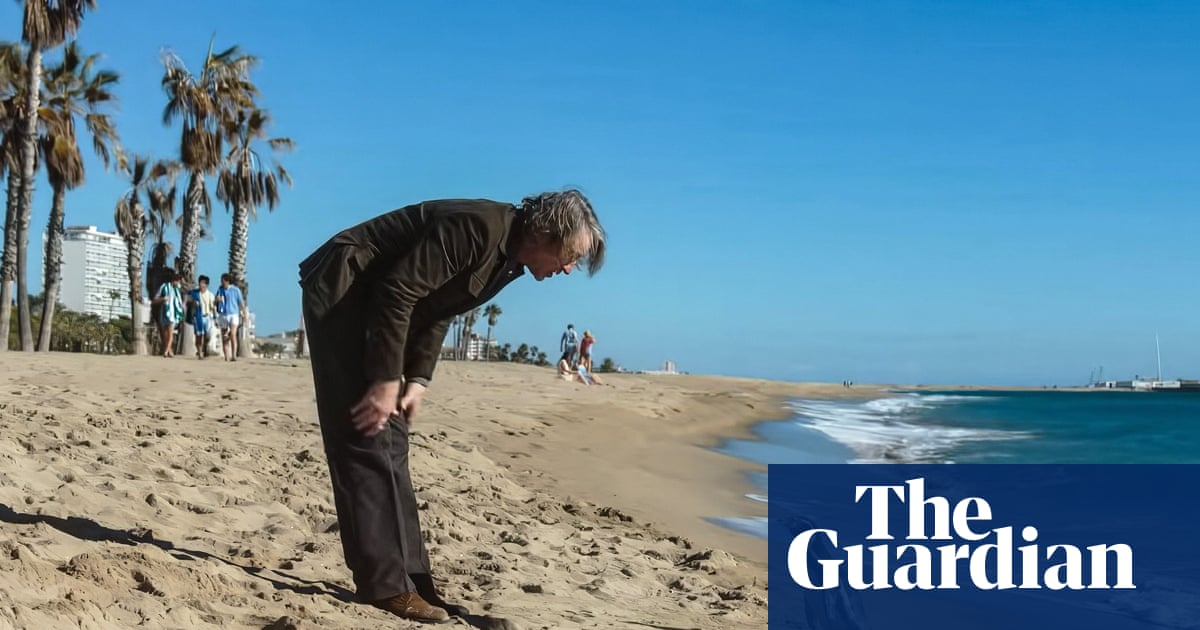The success of Adolescence should encourage Britain’s public service broadcasters to take more risks in the programmes they commission, one of the hit show’s executive producers has said.
The programme, which examines the influence of misogynist “incel” culture on a boy who stabs a classmate to death, has been a global phenomenon. It is the No 1 show across 74 countries and the ninth most-watched Netflix show of all time, with 96.7m views so far.
Jack Thorne, its writer, has questioned whether the programme could have been made in the same way by the BBC because of the financial pressures it is under after cuts to the licence fee, the arrival of streaming services and the fragmentation of audiences.
Emily Feller, the chief creative officer of Sheffield-based Warp Films, who was an executive producer on Adolescence, said the financial hardship hitting the public sector broadcasters (PSBs) – BBC, ITV, Channel 4 and 5 – had made them risk-averse about the kinds of shows they pursued.
She said the next Adolescence or Baby Reindeer, a dark British comedy about a stalker that was also on Netflix, could be made by the PSBs if they were prepared to take a chance on difficult projects.
“Hopefully Adolescence is allowing people to feel the risk-taking again, because there is an issue with money right now,” she said. “I think that it’s hard, and people are risk-averse. Hopefully, people will just take a moment and think this story has sold well. And obviously it comes down to money.
“I really hope that this is going to allow the public service broadcasters to be able to look for those authored pieces. If you look at a BBC or ITV show, you’re talking about an 11-, 12-, 13-day shoot for an hour [of television]. And this was a 15-day shoot for an hour. So there is an expense in how we shot it. But I’m talking about the risk of storytelling, not just the production side.”
Her intervention came after Elisabeth Murdoch, co-founder of the production company Sister, told the Guardian that a “perfect storm” hitting the UK’s television industry risked leading to British stories disappearing from the small screen.
Warp Films, which co-produced Adolescence, has made its name by making challenging productions set in Britain, from This is England to Four Lions. Mark Herbert, its chief executive and another executive producer on Adolescence, said the show proved stories set in Britain could be successful internationally.
“A British story set in this country can travel and you don’t need loads of effects, you don’t need crazy budgets,” he said. “Certain shows need that, and they’ve got their place, but I hope this shows you can hit a massive global audience without any of those. Just great acting, great storytellers.”
However, he called for the government to intervene to help the UK’s struggling TV industry. A post-Covid contraction, price inflation and the financial pressures placed on the main domestic broadcasters have resulted in thousands of the industry’s workers losing their jobs – and talk of a crisis in production.
“I certainly think the whole tax credit thing needs looking at,” Herbert said. “If you look at what kind of stuff we’ve made historically, it’s £2-3m an episode. The international market is really struggling at the moment. People are not coming up with the ways to top up that finance – the costs to make those shows can’t go down any more. So we are in this weird chicken and egg situation where we do need some help.
“I’ve seen what having proper dramas and films shot in the regions does, not just for the local economy directly, but also for confidence.”
Warp’s next production, the revenge thriller Reunion, which begins on Monday, is set in and around Sheffield. It is billed as a bilingual series featuring both British Sign Language and spoken English. Warp also revealed that it has acquired the option to develop Threads, the critically acclaimed 1984 film depicting Sheffield during a nuclear war. Feller said it was another example of featuring ordinary British people against the backdrop of a provocative topic.
“The way the original film was written and made, it absolutely had that voice with Sheffield,” she said. “That’s the kind of place, again, where you find that very rounded heart to the storytelling.”

.png) 1 day ago
5
1 day ago
5













































